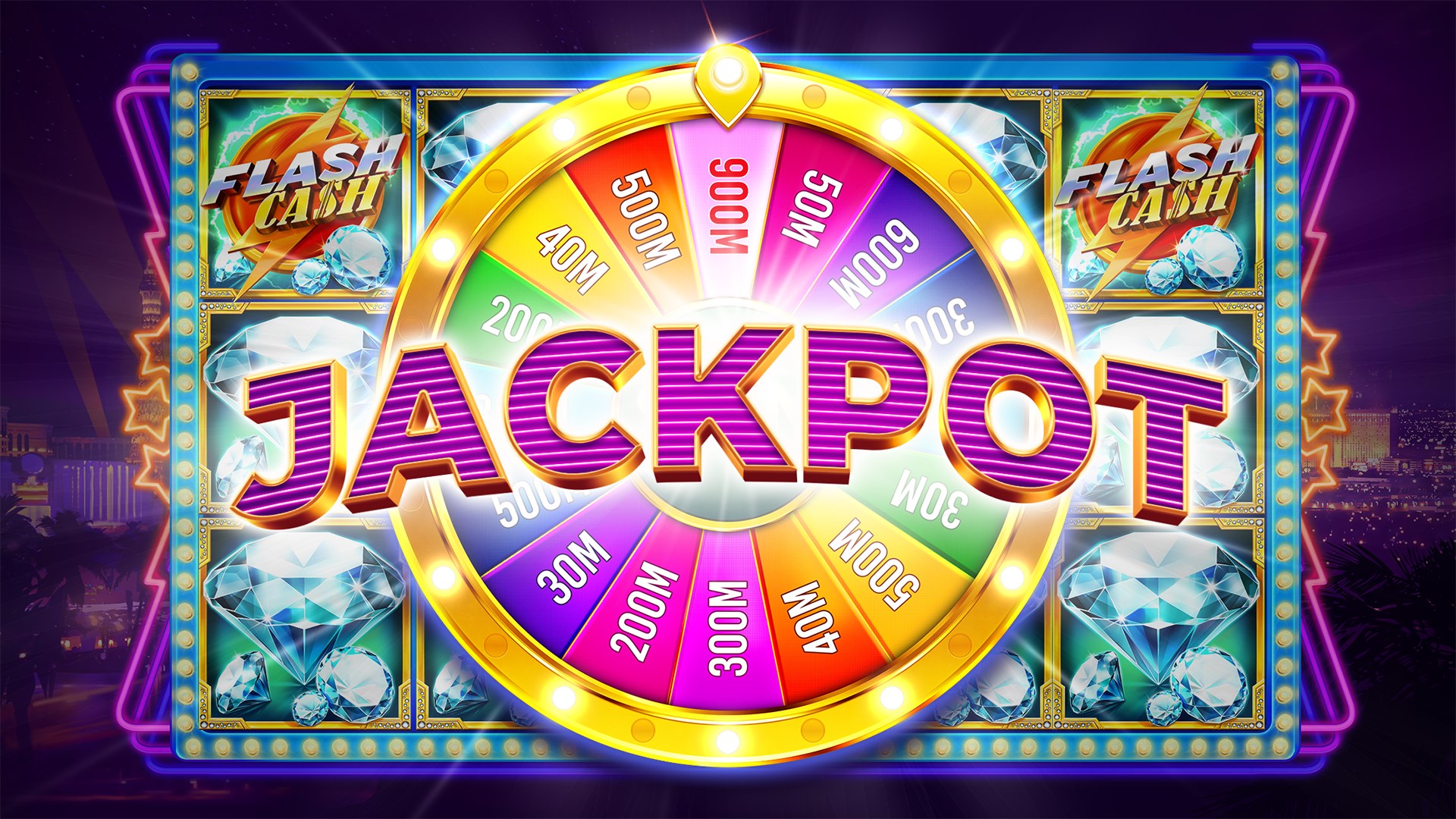When we think of casino activities, the first images that often cross our minds are those of spinning roulette wheels, card chips clinking on felt tables, and cubes rolling across a betting surface. While numerous consider these activities as simple hobbies fueled by chance, a more profound exploration reveals a captivating blend of tactics, expertise, and social interaction that elevates them well beyond basic luck. Regardless of whether you are a experienced player or a inquisitive newcomer, grasping the subtleties of these games can greatly enhance your enjoyment and understanding.
Gambling activities have developed over centuries, with various cultures contributing to their diverse histories and different forms. From the intricate tactics of 21 to the bluffing tactics in poker, players engage in a contest of wits as much as a risk on odds. This dynamic interplay between luck and expertise creates a thrilling atmosphere that draws countless people to casinos worldwide. As we explore the world of table games, we will uncover the methods that can shift the odds in your favor and the community elements that make these games a favored choice for entertainment and interaction.
A Approach of Table Gaming
Table gaming frequently combine a mix of skill and luck, which makes them fascinating for participants who like a test. Every game has their own set of rules and strategies that can affect the outcome. For example, in games like 21, players are obliged to use strategies like counting cards and understanding the probabilities to make smart decisions. This skill set can significantly improve the winning potential, distinguishing seasoned participants from beginners who may depend entirely on luck.
In contrast, games such as the roulette may appear to be entirely based on luck, but strategic thinking can also come into play. Players can select between different betting tactics, such as the Martingale strategy, in which they increase the wagers after a loss. This approach can create a more methodical way to the activity. Grasping the odds of specific bets can also assist participants make smarter decisions on the table, showcasing that even in titles of chance, strategy can enhance the experience.
Additionally, poker is notable as a game that strongly emphasizes tactics. In contrast to most gaming titles, poker merges skill, mental acuity, and chance. Players must not only focus on the hands they are dealt but also consider their rivals’ actions and wagering patterns. Mastering concepts like table position, pot odds, and reading bluffs is essential for success. This complexity of tactics in the game of poker often creates to a more immersive encounter for participants, where the decisions and abilities significantly impact the game’s results.
Grasping Chance and Ratios
In the domain of casino games, likelihood and ratios hold a crucial role in determining a player’s potential consequences. Every activity has its own set of principles that dictate how the probability of winning or failing is calculated. For instance, in matches like blackjack, participants have a chance to influence their odds through planning, whereas in matches like the wheel, the outcomes are purely governed by chance. Grasping how these probabilities are measured can greatly affect how a gambler approaches the match.
Odds are typically presented in two forms: fractional and decimal. Fractional odds represent the proportion of the sum gained to the sum bet, whereas numeric odds show the total return for a successful bet, including the stake. For example, if a game has odds of 5 to 1, this implies that for every one unit bet, a player could gain five dollars if they win. Learning how to interpret these odds allows gamblers to assess their possible earnings and formulate more educated choices during play.
Players should also be aware of the casino advantage, which is the casino’s built-in benefit over the players. Each game has a distinct house edge, and grasping this idea is essential for handling one’s expectations and funds. Games with a reduced advantage, such as blackjack and chemin de fer, typically offer superior ratios for gamblers compared to activities like slot machines and lottery. By understanding the connection between chance, ratios, and the house edge, players can enhance their gambling engagement and strategize more efficiently.
The Exciting Aspect of Table Gaming
Table games at casinos are often seen as a center of social interaction, drawing players together in a collective experience that extends far beyond the mere act of gambling. The atmosphere at a blackjack table can be electric, with players engaging not only with the game itself but also with each other. Laughter, excitement, and, occasionally, playful teasing create connections that improve the overall enjoyment of the gaming experience. This communal aspect can turn a solitary endeavor into a dynamic social event, making casino games particularly enticing.
One of the fascinating elements of table gaming is the way it cultivates friendship among players. Whether it’s collaborating to beat the dealer at a dice table or sharing stories between hands in a card game, the environment encourages interaction. Participants often share advice or tactics, creating a sense of togetherness that enhances the fun. This social dynamic can make new players feel welcomed and less intimidated by the competitive nature of gaming. As the game continues, friendships may form, leading to a sense of belonging that keeps participants returning to the table. Kubet
Moreover, the social aspect of table gaming extends beyond just the players. Dealers play a crucial role in encouraging interaction and maintaining the flow of the game. Their ability to engage gamblers with friendly conversation and their expertise in running the table can create an welcoming atmosphere. Đăng nhập Kubet This connection between players and dealers adds another layer of enjoyment, where players feel connected not only to one another but also to the staff. Such interactions are often what make the experience unforgettable, as participants leave with tales to tell and relationships made, reinforcing the notion that gaming at tables are truly about something greater than luck.

